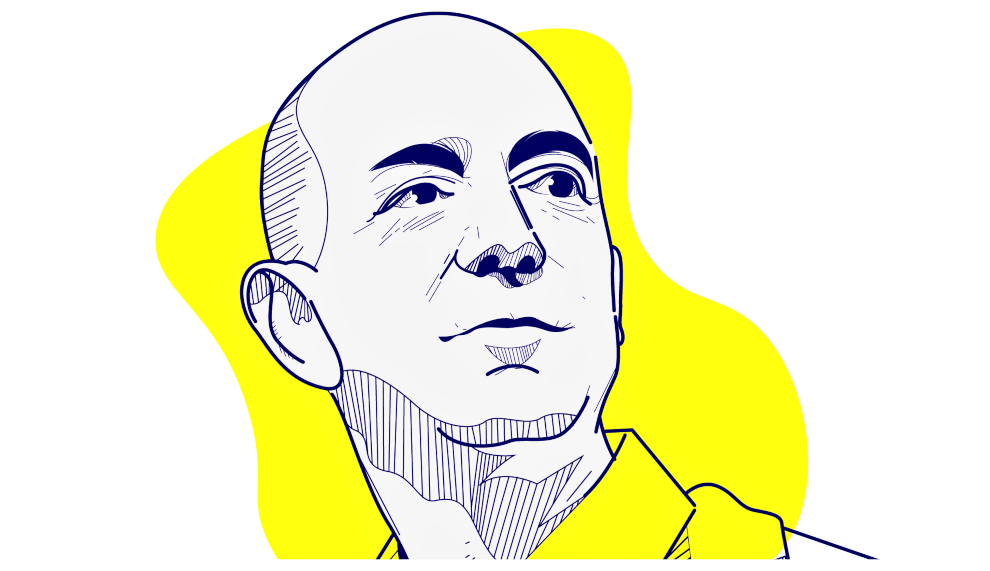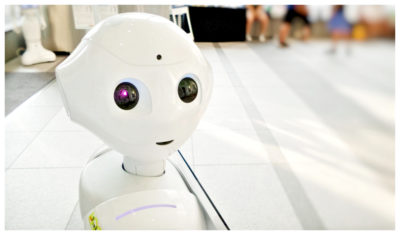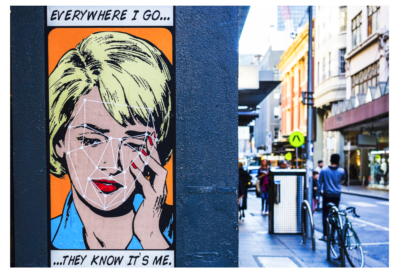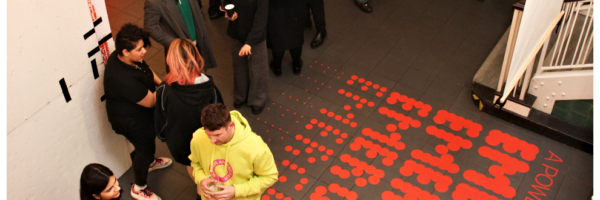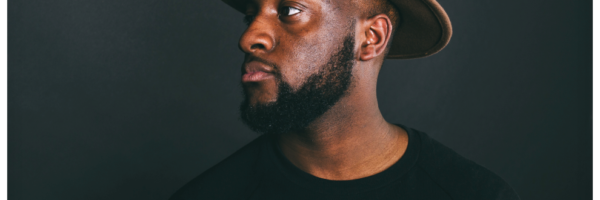When reports recently surfaced that Amazon’s CEO, Jeff Bezos, had allegedly been hacked by Saudi Crown Prince Mohammed bin Salman, the issue of cybersecurity became a huge talking point around the world.
The full story is still unfolding and there is much we don’t know, but according to the Guardian, a video file was sent to Bezos’s iPhone via WhatsApp.
Forensic technical analysis found that it was “highly probable” the file contained malware that penetrated Bezos’s mobile phone and exfiltrated a large amount of data within hours.
Bezos has previously suggested in an online post that he had become an enemy of Saudi Arabia. Two UN experts, Agnes Callamard and David Kaye seemed to support this claim in a statement to media outlets last week.
They said: “The information we have received suggests the possible involvement of the Crown Prince in surveillance of Mr Bezos, in an effort to influence, if not silence, the Washington Post’s reporting on Saudi Arabia.”
Bezos bought the Washington Post in 2013. This could help shed light on the reasons behind the alleged hack, although Saudi Arabia has denied all the accusations, calling them “absurd”.
Forensics experts studied Bezos’s phone and found nothing wrong with the video itself, according to the UN assessment.
An additional piece of code was also found in the message, which is normal.
However, it’s possible that malicious software was placed in the code by hackers but because WhatsApp encrypts its messages, it’s unclear at this time whether that’s what actually happened.
Media analysts and security experts say the alleged hack highlights how high-profile people are vulnerable to cyber threats.
But are there wider implications for the general public?
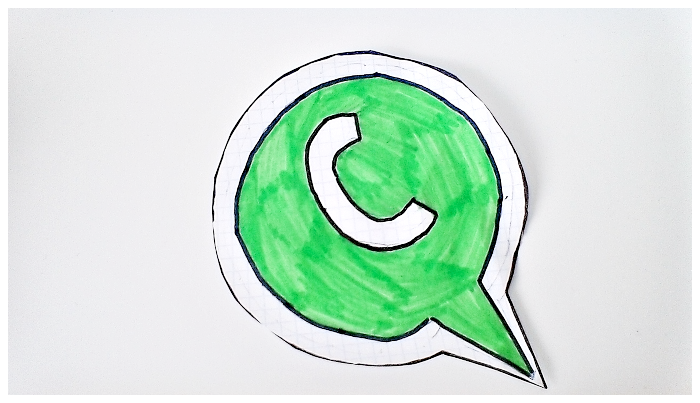
Many of us are already cautious of hacks, data misuse and privacy breaches and these revelations raise important questions over just how secure the technology we rely on every day really is.
Fingers have been pointed at WhatsApp’s operating system and the extent to which it is vulnerable to hacks.
However, Facebook, which owns WhatsApp, told BBC News that its end-to-end encryption is unhackable and therefore Apple’s iOS system must have been to blame.
A New York Times article published last week said we should be terrified about the alleged Bezos hack but I’m not so sure.
Of course, it’s deeply worrying that a state could allegedly behave in such a brazen and illegal manner. And if the allegations are proved, there should be severe consequences for those involved.
But it’s not really that surprising the richest man in the world has become a target for criminals and other bad actors.
Ordinary individuals may use the same technology and services as Bezos but that doesn’t mean they are likely to be targeted in the same way.
The main reason most of us don’t need to be overly worried about being hacked by a rogue state is that it’s an extremely costly, not to mention risky, business.
Anyone without a public profile is unlikely to receive the same treatment.
That said, it’s always wise to be alert to security issues and although incidents such as the alleged Bezos hack simply should not happen, we can at least learn lessons from them when they do.
Smaller-scale privacy breaches have become more frequent over the past few years.
In addition, social media policies can be confusing and opaque, meaning that we might be inadvertently sharing highly personal information with companies.
Thankfully, there are steps you can take that doesn’t involve quitting social media or messaging services such as WhatsApp.
Firstly, you should be aware of the data companies keep about you; in the UK, you can contact the Information Commissioner’s Office to find out.
Twitter and other social media sites allow you to download your data archive. You should also review your privacy settings across all your devices and services regularly.
Using tools such as two-step verification will help provide further security when using email and other services.
Unfortunately, our increasing reliance on technology means our information is more vulnerable to misuse than in previous generations.
We can’t eradicate this risk but remaining vigilant and staying informed about our rights will all go a long way to ensuring our private information remains private.
Written By: Tola Onanuga – a freelance journalist and editor covering a range of topics including technology and race issues – @Tola_o
Images – kampong studio / Shutterstock.com / Pixabay.
More Stories
Artificial Intelligence: The Influence of Technology on Creativity and Art
Why The UK Mainstream Media Is Ready For Diversity


